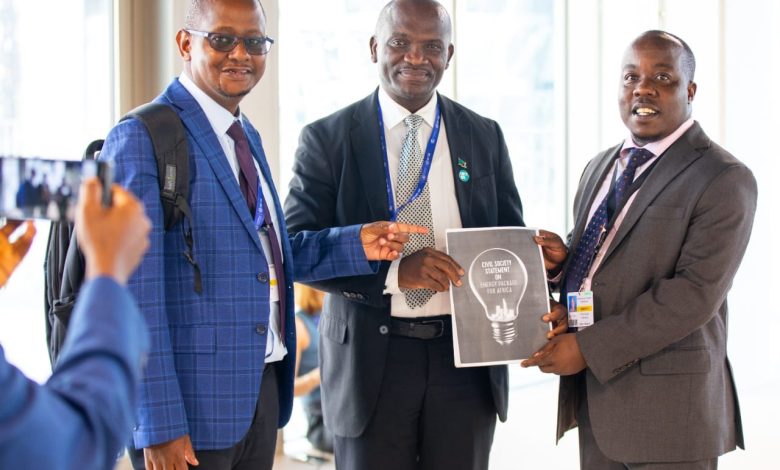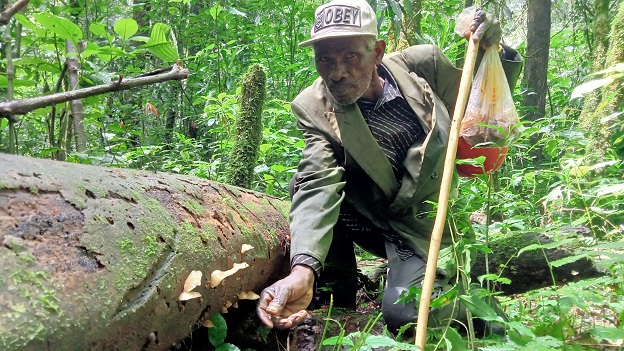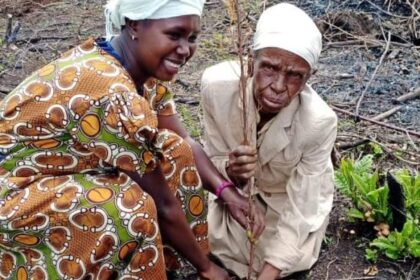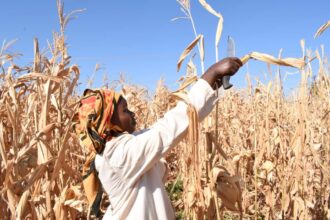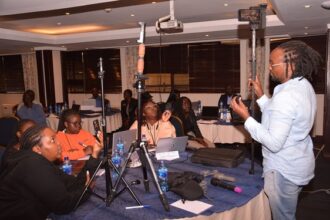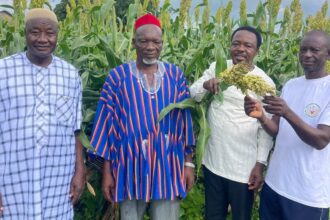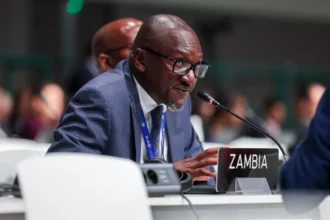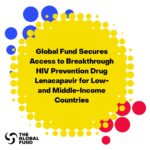Sayansi Magazine Issue No. 41
This special edition of ‘Sayansi’ is a product of three activities (science…
Baku talks must deliver concrete answer on food security
By Christine Ochogo | christawine@yahoo.com Small-scale farmers in Africa contribute up to…
MESHA, CGIAR partner to train journalists ahead of COP29 talks
By Jackson Okata | amboleokata@gmail.com The Consultative Group on International Agricultural Research…
Ghana seed association alarmed over illegal mining threat to food security
By Aghan Daniel I aghandan09@gmail.com The National Seed Trade Association of Ghana…
No climate justice without sound financing – experts
By Aghan Daniel I aghan@meshascience.org Journalists have been called upon to interrogate…
Media science café to discuss climate finance planned
By Aghan Daniel I aghan@meshascience.org Last week, the special session of the…
Climate change: Africa ministers say climate finance is a key priority
By Aghan Daniel I aghan@meshascience.org At the close of the 10th special…
Urgent action needed as pesticide misuse and climate change threaten Kenya’s food security
By Aghan Daniel I aghan@meshascience.org Scientific evidence indicates that pesticides contribute significantly…
Wataalamu wataka fidia ya haraka athari mabadiliko tabianchi
MASHIRIKA ya Kiraia ya Afrika (CSOs) yametoa tamko lenye hoja tano kuhusu…
COP28: African Group Of Negotiators Say Adaptation Finance Talks Lacking Progress
The African Group of Negotiators (AGN) says it is concerned about the…


